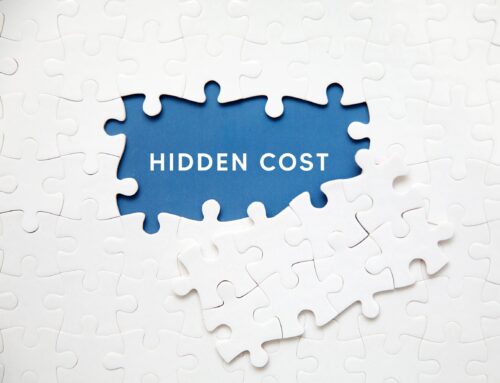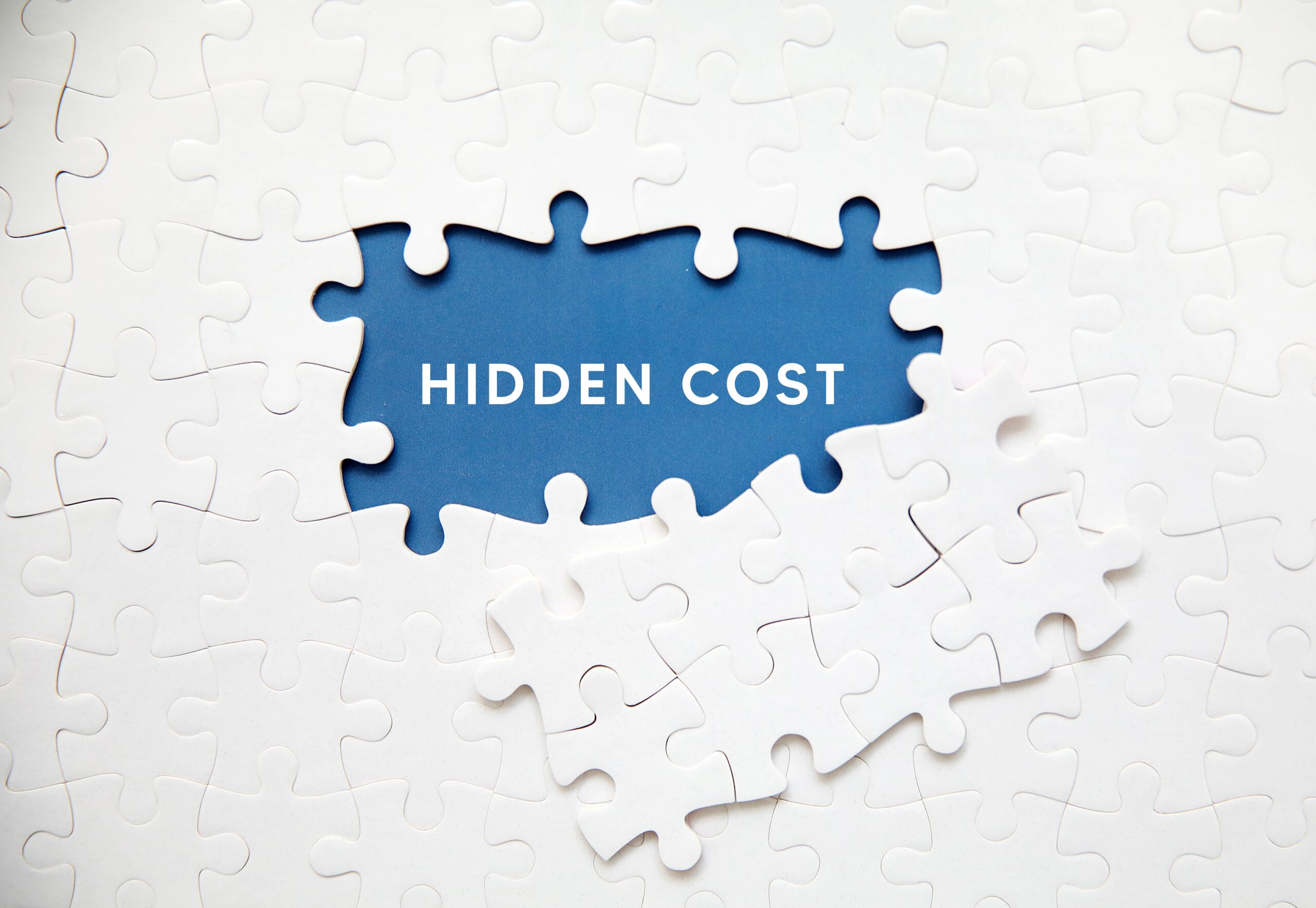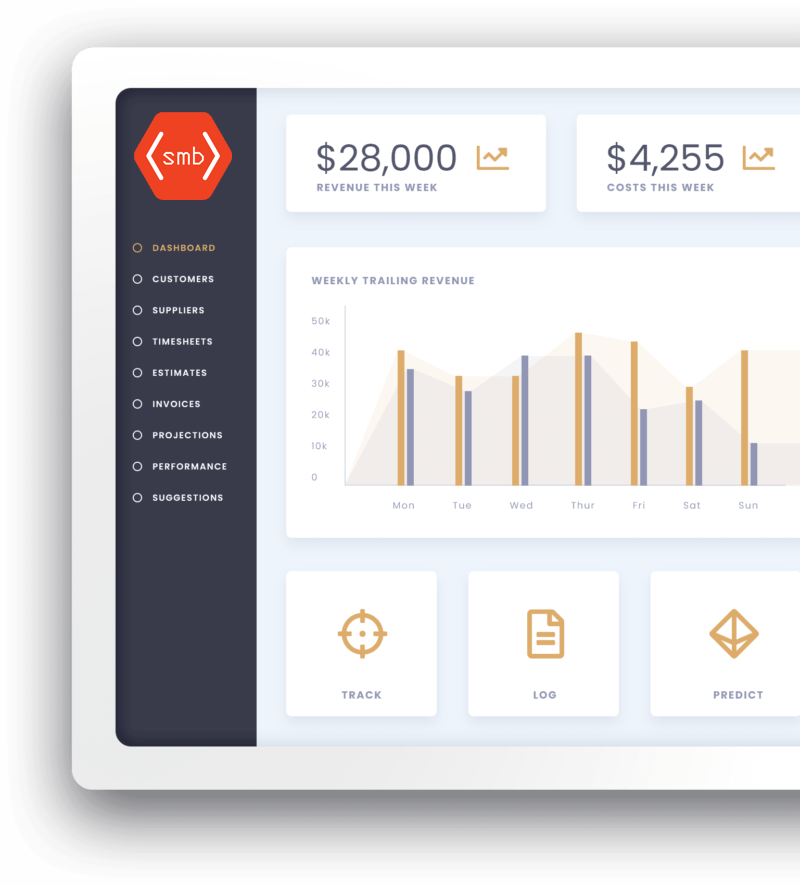
Salesforce: Should You Consider Alternatives?
It is not uncommon for anyone to want “the best there is.” Especially when it comes to running your business in a way that ensures maximum growth and profit.
When it comes to Customer Relationship Management/CRM systems, there are products out there that will help you do just that. The question is, which will best fit your needs?
Salesforce, for example, is very popular, and is a CRM system with extensive features, or as we say in the I.T. world, “lots of bells, buttons, an whistles. It’s a very attractive system, and may appear to be everything you could ever hope for, and more!
But, if you are approaching this decision pragmatically, is MORE what you really need? Doing so can be far more costly, and very wasteful. If fact, it can be somewhat akin to buying a tractor-trailer when all you really need is a van.
Salesforce is a powerful tool with a vast range of features, and, for some businesses, it’s the perfect fit. But again: Is having more than you need, necessarily, better? If not, then finding a platform that suites the job, for the right price, that is scalable, adaptable, and easily maintained, is a much more appealing option.
✅ Types of CRM Systems
1. The Cost Factor: Are You Paying for Unused Features?
Because of its hefty price tag, it’s important to consider if all of the functionality included in Salesforce is needed, or will you pay for tools you’ll never use?
Licensing its Sales Cloud, Service Cloud, and Marketing Cloud separately, can significantly drive up the cost of Salesforce. It’s not only the licensing, but the implementation, integration, training, and support that add to the cost, after the license purchase. All of which can be, and usually is, very significant.
On the other hand, alternatives like Zoho and HubSpot offer CRM solutions that are more modular, and typically more affordable. These platforms allow you to select and pay for only the features you need, helping you avoid the issue of the more costly—bloated functionality.
It is important to recognize that there are extraneous costs associated with every CRM platform, making it essential to plan properly in order to keep cost under control.
2. Ease of Use: Lessen the Learning Curve
One of the most common complaints about Salesforce is its complexity*. While Salesforce’s depth is one of its strengths, it can also make the platform overwhelming. For smaller teams or those without dedicated IT support, Salesforce, with it’s steep learning curve and maintenance complexities, can quickly become unmanageable.
Time and resources for training drive up the cost of complex CRM ownership, slowing its ROI. The more complex, the more in-depth, the more costly.
On the other hand, CRM platforms like HubSpot and Zoho are known for their user-friendly interfaces. Easier to navigate and quicker to deploy, especially in small-medium business applications, the value is immediately noticeable. So, if you’re looking to implement a CRM quickly, and with minimal training, considering alternatives will save time and money.
However, bear in mind that all CRM platforms, regardless of size or comparative simplicity, still require careful planning, deployment, implementation, and maintenance.
3. Scalability: Will You Outgrow Your CRM Platform?
Salesforce is not the only scalable option. The modular approach of the alternative platforms allow you to add features and functionality as well. As your business grows, you can avoid the costly need to overhaul your CRM platform because you’ve outgrown it.
Platforms like Zoho and HubSpot offer scalable options that allow you to increase capacity and functionality incrementally. Incremental additions ensure that you’re not locked into a massive system before you’re ready, and most importantly, one that you don’t need.
✅ CRM scalability
4. Customization: Tailoring Your CRM to Fit Your Business
Salesforce is highly customizable, but the process is both time-consuming and costly. Many businesses find that while they appreciate the depth of customization, they don’t have the resources to take full advantage of it.
Alternatives like Zoho also offers a number of customization options with lower associated costs, especially for small businesses.
HubSpot, while limited in customization compared to Salesforce, is still highly adaptable and, most importantly, integrates well with other business tools. If you’re looking for a system that can be tailored without breaking the bank, then Zoho and HubSpot are viable options.
5. Integration: Assuring CRM Compatibility
Salesforce excels in integration capabilities; integrations often come with additional costs. Depending on the other onboard software that your business uses, you may find a simpler CRM platform, like Zoho or HubSpot, has the INTEGRATION OPTIONS you need at a fraction of the cost. You need an all-in-one solution that minimizes the need for external integrations, something combining CRM with everything from accounting to inventory management.
✅ CRM integration
Choosing the Right CRM: Steps Toward Success
The purpose of this article is to make you aware that Salesforce is not the only game in town. For businesses that need a CRM platform tailored to their specific requirements without the hefty costs. Recognizing the total cost of CRM ownership, means looking beyond licensing fees to find a solution that fits your budget and business needs.
✅ The Total Cost of a CRM system
Need help evaluating your options?
Related articles
February 19, 2026
February 19, 2026
February 19, 2026
February 19, 2026













